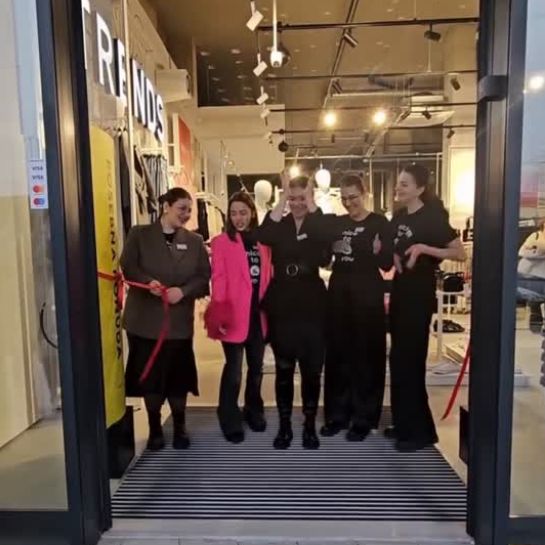23.01.2025
The circular economy, also known as a closed-loop economy, is becoming an essential part of sustainable development strategies in retail. Its main objective is to minimize waste and maximize resource use through reuse, recycling, and renewing products. How can circular principles be applied in retail?
Unlike the traditional linear economy model, where raw materials are extracted, processed into products, and discarded after use, the circular economy aims to close the material loop, minimizing waste and using resources more efficiently.
This approach reduces costs associated with purchasing and sourcing raw materials while also cutting expenses related to storage and transportation.
The principles of the circular economy can be implemented in retail through several methods:
One strategy is to design products that are easy to repair or recycle. Companies can introduce longer-lasting products that can be effectively recycled at the end of their life cycle.
Subscription-based business models allow consumers to use products for a set period, reducing the need for ownership and subsequent disposal. After the subscription ends, products are returned to the producer for servicing and reintroduction to the market.
Subscription models can be applied to a variety of products, including those where this approach might seem counterintuitive. For example, lingerie subscription services are already offered by several online retailers, such as Burgundy Fox, Underclub, and Adore Me.
Retailers should manage waste efficiently by recycling packaging materials and reducing the use of disposable products. This not only lessens environmental impact but can also lead to operational cost savings.
Retailers can participate in educational programs on recycling and promote responsible consumer behavior.
For instance, LPP Group encourages conscious and responsible clothing use to extend product longevity. In 2024, this Tri-City-based company launched the “Wear Your Story” campaign, inspiring customers to repair and repurpose clothing.
Implementing advanced technologies to support recycling and reuse processes is essential for the effective adoption of the circular economy in retail. Investments in technology can boost competitiveness and create new jobs.
Circular economy principles are becoming a crucial part of retail’s transformation towards sustainability. Retailers and manufacturers can adopt these principles by designing durable and reusable products. Subscription models provide customers with access to products without the need for ownership, reducing waste. Efficient waste management, including recycling and reusing materials, minimizes environmental impact. Educational programs enhance consumer awareness and encourage eco-friendly choices. Technological innovations further support these efforts, offering solutions to optimize processes and adopt greener production and retail methods.
Photo: freepik.com

05.02.2026
At the end of 2025, we completed another project for the LPP Group in Bosnia and Herzegovina. Once again, the location was Banja Luka, where we produced a new Sinsay store.